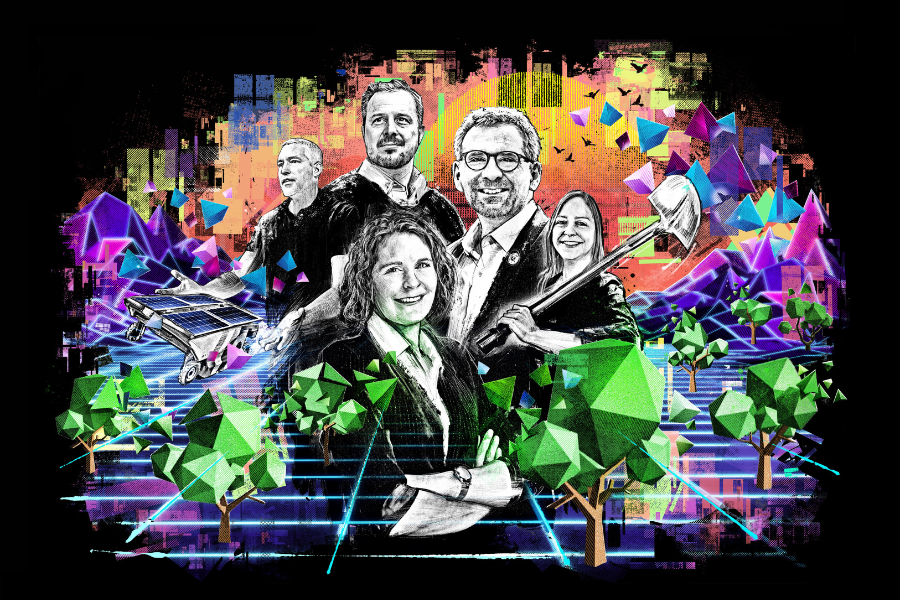When the COVID-19 pandemic started to spread, the global children’s charity World Vision responded rapidly, building on current best practices to tackle the crisis – and protect the most vulnerable children and their communities – in the 100 countries it serves. The aid and development agency was already working closely with faith leaders before the crisis. As the most trusted and authoritative voices in many communities, their role in informing and advising people is vital. That’s why it’s so important that they spread timely and accurate information that communities can rely on.
The organisation had already been using WhatsApp groups successfully to enable specially trained faith leaders to access and exchange information and experiences. Users draw on these insights to support positive behaviours, increase awareness and decrease stigma around specific issues like HIV, Aids or Ebola. Leveraging a network of WhatsApp groups across Latin America, Asia, Africa, Middle East and Eastern Europe, World Vision mobilised an estimated 80,000 faith leaders in the fight against COVID-19. The groups operate much like a telephone tree, as participants activate their own networks and spread key information. This is even more vital in regions with a low literacy rate.
Christoph von Toggenburg, CEO of World Vision Switzerland, confirms: “It’s about empowering faith leaders to make a real difference through authentic voices that people trust. The WhatsApp discussions are also inspiring new ways of communicating vital information during the lockdown.”
World Vision has also expanded technology use to help frontline healthcare workers deliver support in the crisis. The mobile platform CommCare is already proven in tracking and managing a continuum of service delivery steps in a range of healthcare settings. The tool works online or offline so is well suited for use in some of the poorest and most rural communities that World Vision supports, where the organisation has built a network of 220’000 community health workers. Drawing on experience with mobile solutions to address Ebola outbreaks, developer Dimagi adapted the CommCare app rapidly to the Covid-19 needs. The app incorporates WHO-recommended response mechanisms, can be rapidly tailored to country-specific needs – including local languages – and allows users to add cases or workflows as needed. Regular updates ensure information is always up to date and communities get the most relevant advice.
Trusted, up-to-date information is always important, but absolutely vital right now when COVID-19 details are changing by the hour. Being informed with real-time data can help increase safety and wellbeing, as well as reduce uncertainty during these uncertain times. Blaise Roulet, Salesforce Country Leader Switzerland, says: “Solidarity is so important during this crisis. At Salesforce, we have a responsibility to give back to our communities, and we’re using our technology and resources to help in any way we can during the COVID-19 crisis.”
With a focus on bringing companies and customers together, Salesforce uses data-driven technology to deliver rapid insights. As healthcare providers face an influx of requests due to COVID-19, Salesforce has expanded its Salesforce Care solution with additional features that help companies in any industry stay connected to stakeholders. And because everyone’s facing so much change at once, Salesforce is offering free 24×7 support, coaching, and guidance with Salesforce experts to help customers successfully deploy and use Salesforce Care solutions in this time of need.
Time is of the essence so new and existing customers appreciate the fact that the Salesforce Care solutions are available immediately, and can be set up very quickly. The add-ons are being offered free of charge as part of Salesforce’s commitment to doing good.






